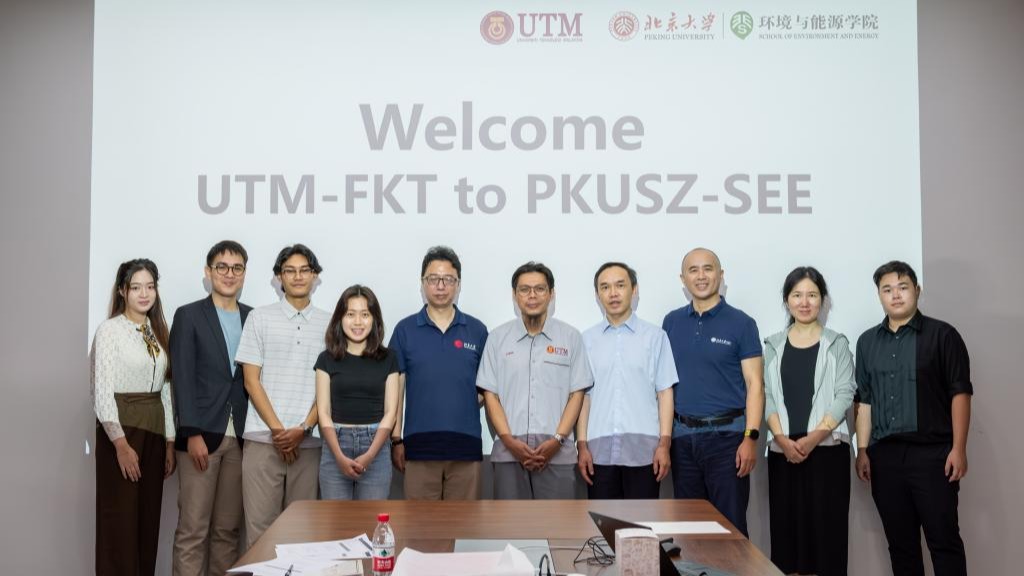1 |
Water Pollution Control |
Facing the demands of future sustainable development, this direction conducts research on water treatment theories and technologies, providing scientific and technological support for drinking water safety, water pollution control and treatment, natural water body environmental quality protection, and river ecological restoration. Key research areas include heavy metal pollution treatment and resource recovery technologies; emerging pollutants in the water environment; urban sewage treatment; high-concentration organic wastewater treatment; environmental microorganisms; new theories, processes, and materials for water environment restoration; and river and lake health guarantee theories and technologies. |
2 |
Solid Waste Management and Resource Recovery |
This direction studies solid waste pollution control and resource recovery technologies to address environmental pollution issues caused by solid waste during urban development. Utilizing bioreactors, membrane technology, pyrolysis, and electrochemistry, it focuses on research topics such as odor pollution control in waste, landfill leachate treatment and energy recovery, heavy metal pollutant monitoring, and the resource recovery and utilization technologies for construction waste, waste incineration fly ash, and municipal sludge. |
3 |
Bioenergy Engineering |
This direction focuses on addressing environmental issues while producing integrated bioenergy substances and high-value-added products. It primarily studies aquatic microorganisms and plants, combining modern technologies such as genetics and metabolic engineering to address environmental issues arising from modern economic development, such as CO2 emissions, eutrophication, and heavy metal pollution. In bio-refining systems, it explores the secondary use and revaluation of human waste to integrate the production processes of bioenergy and high-value-added products. |
4 |
Environmental and Energy Information Engineering |
Utilizing the latest information detection technologies and remote sensing methods (thermal infrared, fluorescence, hyperspectral, radar, etc.), this direction detects, processes, and analyzes multi-scale environmental and energy information from the cellular to the planetary scale using ground-based, aerial, and satellite observation platforms. It interprets the physics, biology, and environmental mechanisms within this information; integrates the latest knowledge in technology, economics, policy, and law to conduct research on efficient energy utilization. Research topics include the development of new sensors and detection technologies, the mechanisms of environmental and energy processes, environmental and energy evaluation methods, environmental and energy information modeling and systematization, green lighting engineering, green building engineering, energy efficiency policies, energy management and auditing, etc. |






